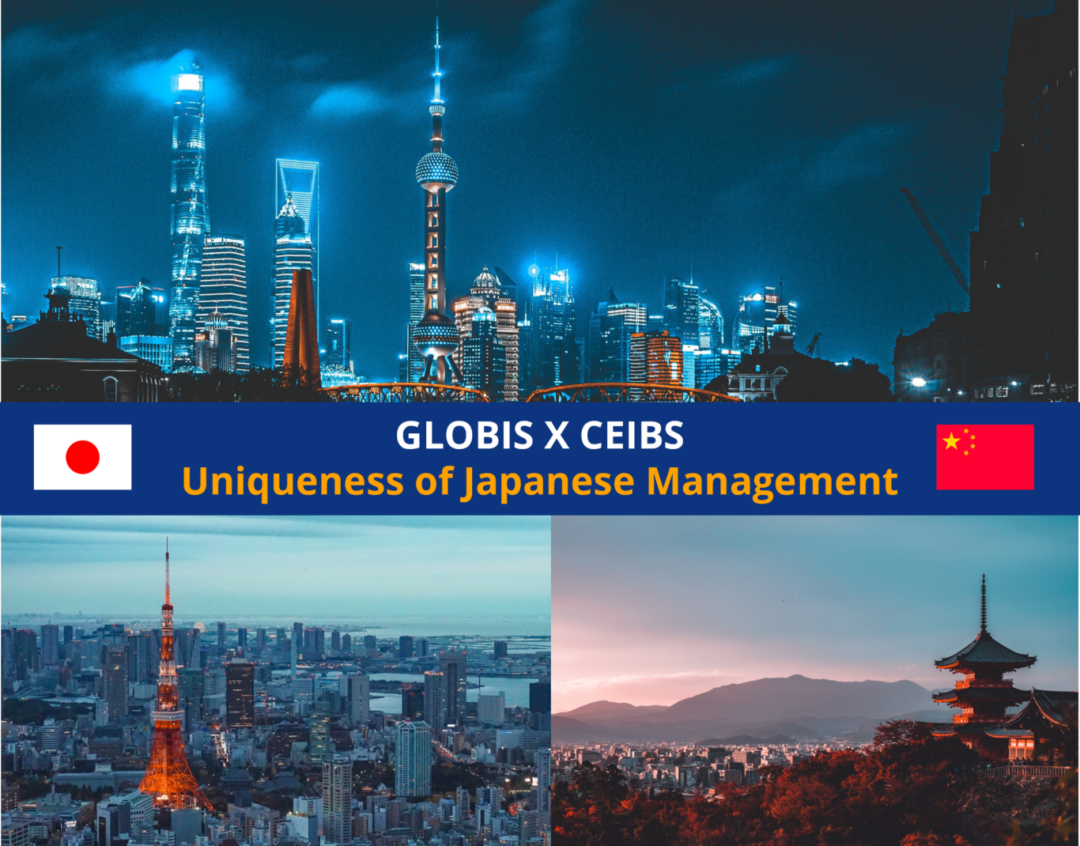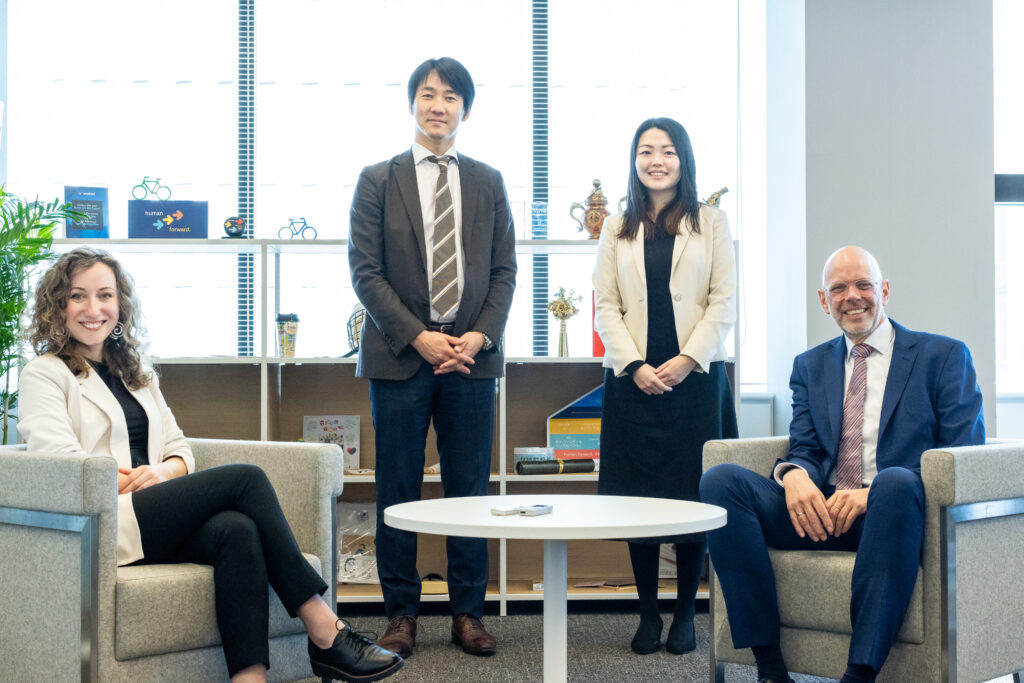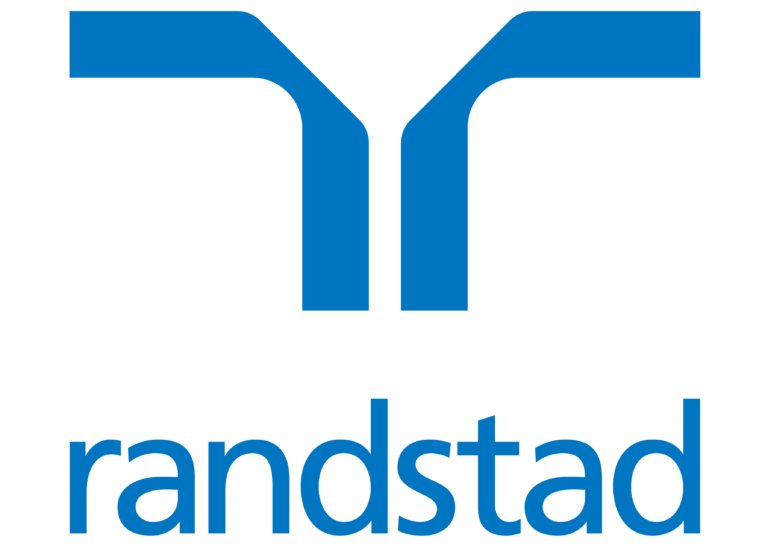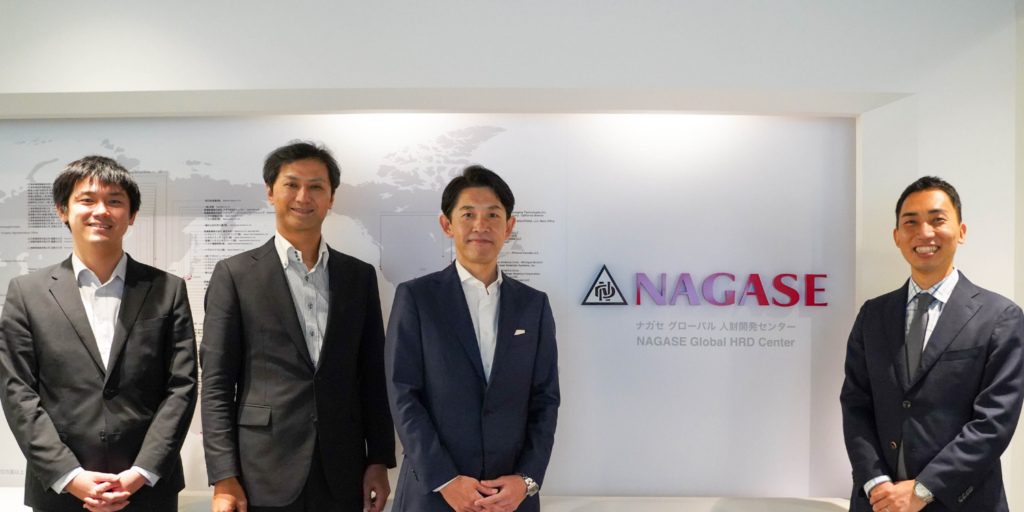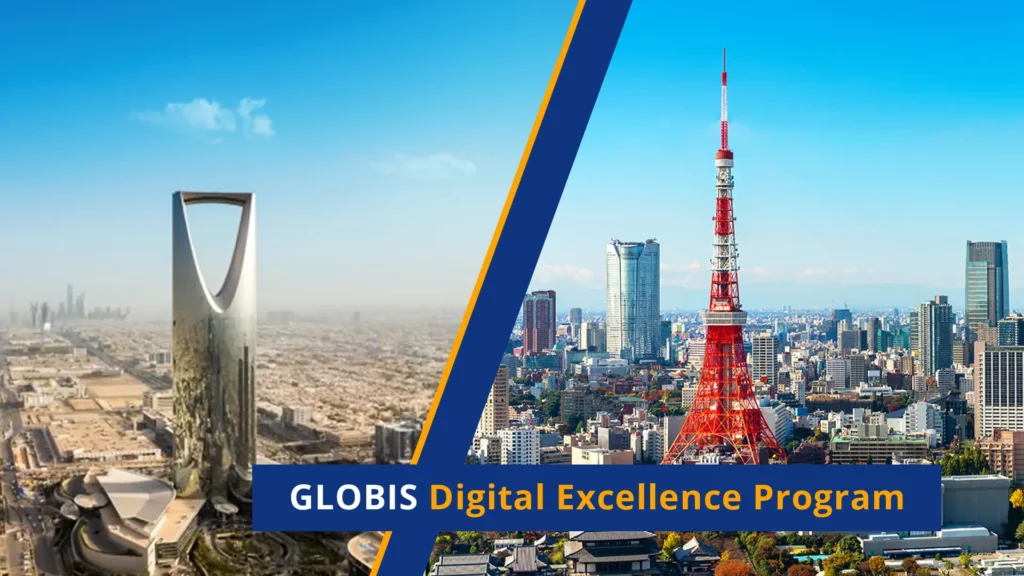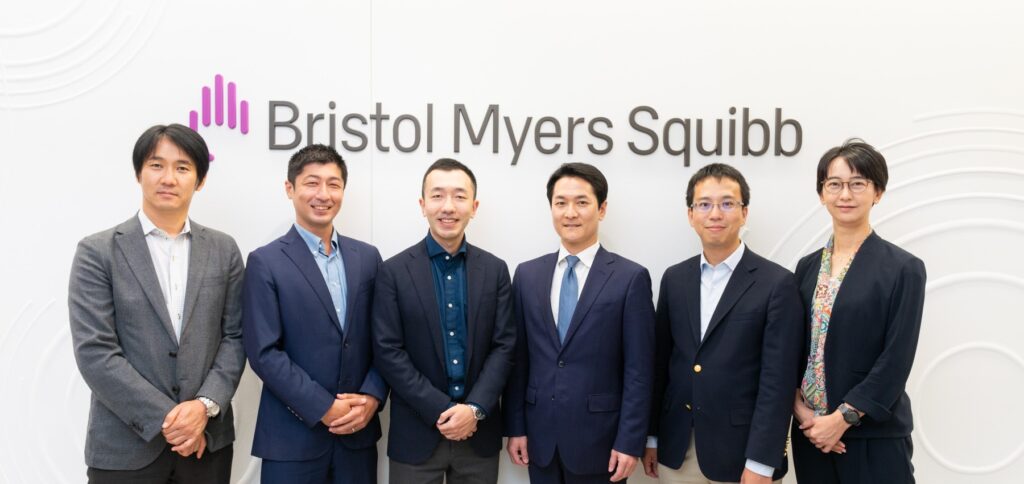Mandom Corporation
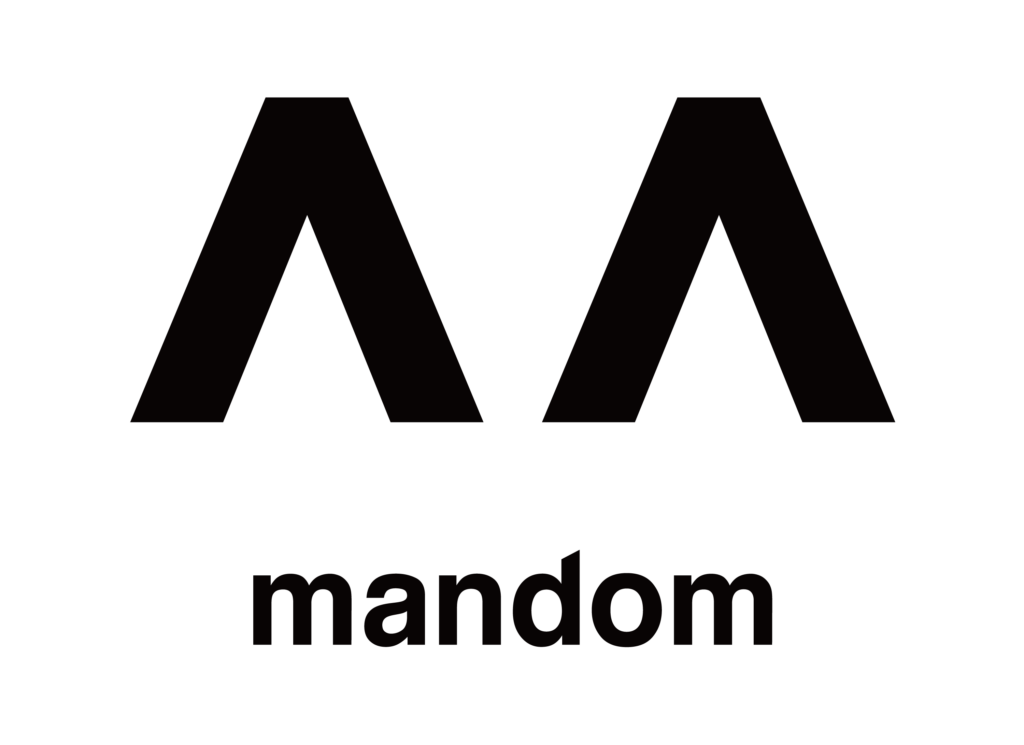
Conducted Next-Generation Leader Training for Participants from Multiple Countries with Simultaneous Interpretation (English and Japanese) to Drive Group Management
Mandom Corporation has established “VISION 2027” as its vision for the company in 2027 and is working to develop leaders to achieve it.
To learn more about the vision and plan to achieve it, we interviewed:
- Mr. Tetsuya Takahashi (EXECUTIVE OFFICER, HUMAN RESOURCES DIV., GENERAL ADMINISTRATION DIV. AND LEGAL AFFAIRS DIV.)
- Mr. Hisato Kosugi (GROUP LEADER HUMAN RESOURCES DIV.)
1. Background and Challenges
■Primary Issues
Mr. Takahashi: We needed to train the next generation of leaders who could envision our business in the future. In 2017, on the 90th anniversary of our founding, we reviewed our mission and formulated “VISION2027” as our vision of where we want to be in our 100th year of business. We urgently needed to develop leaders who could realise this VISION2027.
The basic policy of VISION2027 is to evolve into a truly global company that incorporates growth in Asia, and to achieve this; we must not think from the status quo. Instead, we must think about what we should do now by thinking backward from the future. We need to consider the Mandom Group not only from a short-term perspective but also from a medium- to long-term perspective. This included a mindset of total optimisation rather than partial optimization.
Realising the talent needs for leaders who could envision future business and lead projects, we began to think about ways to train them internally.
■Program Goals
Mr. Takahashi: This program aims to develop leaders who embody our mission and can lead the realisation of VISION2027. There are two things needed for this. The first is to be able to make decisions based on principles. The second is to understand the principles of management.
Of these, we were able to promote points related to mission by enhancing mission education. On the other hand, we noticed insufficient opportunities to learn management principles.
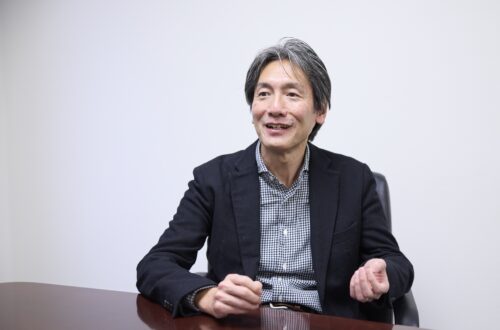
Mr. Kosugi: Providing a place to learn general management principles in-house took a lot of work, so we asked three or four outside training companies to propose how they might help. We finally choose to work with GLOBIS because of its attractive educational system with a high level of reproducibility that leads to practical application.
What was most persuasive in our decision was their case studies and the presence of Mr. Shimada (former consultant in charge of GLOBIS) and Mr. Takei (current consultant in charge).
The good thing about GLOBIS is that they proposed a highly reproducible program for our company by adding Mandom’s mission and approach to case study learning. I especially appreciated that Mr. Shimada and Mr. Takei kept the goal in mind, managed the overall consistency, and made various suggestions and course corrections.
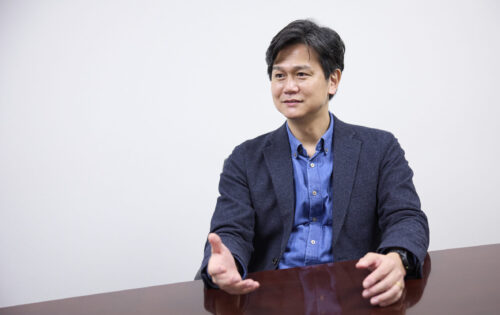
■NGMT Focus Points
Mr. Kosugi: Our primary focus was to provide a place where people could learn both the general theory of management and the actual way of thinking at Mandom. Mr. Shimada and Mr. Takei put great effort into the program.
Their proposal consisted of content to learn management basics, our original lecture at each milestone, and project work to deepen the learning. We are very grateful to them because they gave us a proposal aligned with our thoughts. We constantly had meetings with them between modules for improvement. GLOBIS provided a very encouraging support system.
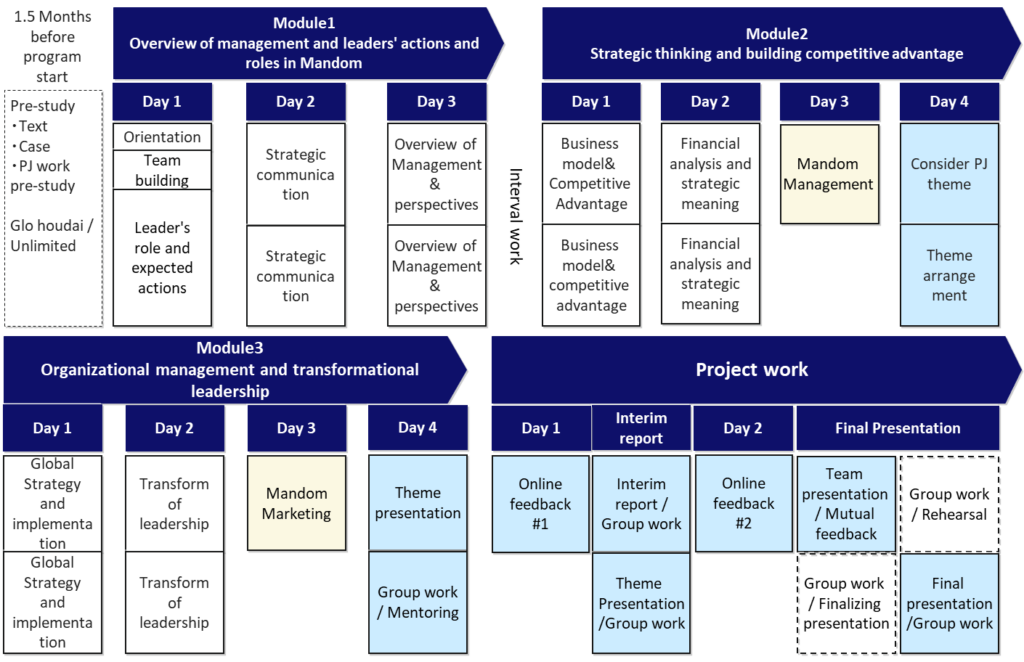
2. NGMT Review & Implementation
■Concerns
Mr. Kosugi: I had two concerns. The first was language. In addition to leaders in Japan, the leaders were participating from overseas, such as Indonesia, Singapore, and Taiwan. So, I was concerned about whether they would be able to learn without stress from a language standpoint.
Initially, GLOBIS suggested that we should conduct the program in one language, either Japanese or English. However, they understood our commitment to running this program in a multinational environment, and we worked together to find a way to reduce the stress that comes from language.
As a result, we decided to conduct the training via simultaneous interpretation while basing the lectures in Japanese. While projecting slides in both Japanese and English, they included language supplements for participants who did not understand Japanese. We are grateful to Mr. Takei for his deep understanding, commitment and flexibility.
The second concern was the reproducibility of the learning. Participants needed to go back to the field and put the knowledge into practice, not just be satisfied with their accomplishment of the training.
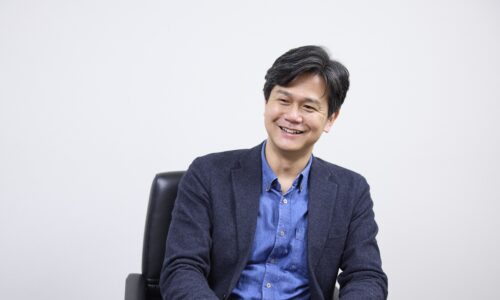
Mr. Takahashi: In terms of reproducibility, GLOBIS lecturers were also creative. When lecturing on GLOBIS content, they appropriately connected general theories and our company’s story, saying, “This is what was explained in the lecture at Mandom,” and so on.
This approach helped participants acquire a better understanding of the relationship between general theories and the ways of thinking at Mandom. I am grateful to GLOBIS for its lectures based on its deep understanding of our company.
3. Results and Future Prospects
■Changes in Participants after the Program
Mr. Kosugi: The participants commented that they realised that the depth of their thinking still needed to be increased. They have developed a spirit of being the next generation of leaders.
They also reaffirmed the importance of mission-based management. Many participants stated in the final presentation, “Fun and excitement are important for Mandom’s business.” Going through a lot together for ten months, a sense of camaraderie was fostered among the participants. This program played a role in the collaboration of the divisions, which greatly benefited us.
Mr. Takahashi: I participated in the previous program. After completing the program, I feel that I can change my way of thinking and do more from now on. I also learned that even without resources, new opportunities can be created by overcoming difficulties with new ways of thinking.
The group work for our company’s business proposal was profound in the learning. Using the management fundamentals participants had learned in this group work, they designed our future vision, envisioned their own business, and devised scenarios to get there. The process of making a proposal conceived from the end and reducing it was challenging.
We received feedback from GLOBIS regularly, and the guidance was stringent. The factuality and rationality were questioned. They pointed out that the proposal was an extension of the past. We received feedback many times and continued to think about it with group members. Halfway through the group work period, the discussion finally went beyond conventional ideas.
We had to move our hands, walk around, and do research. But we were unsure if the newly conceptualised vision was the right one. This process was similar to creating a new business. I keenly felt that if we could not get through this, we would not be able to get through the actual business conception.
I was also inspired by the participants’ positive attitudes, comments, and overseas participants’ participation. I was pulled along by the initiatives of overseas’ participants and was able to overcome the challenging ten months.
As this program continues to be implemented repeatedly, I am sure that new common perspectives will emerge within the company that are not an extension of the past. Recently, three past participants joined the program this year as observers. As I listened to the observers’ and participants’ opinions and questions, I realised that the observers’ perspectives included what they had learned in this program. I think this is how common viewpoints are nurtured.
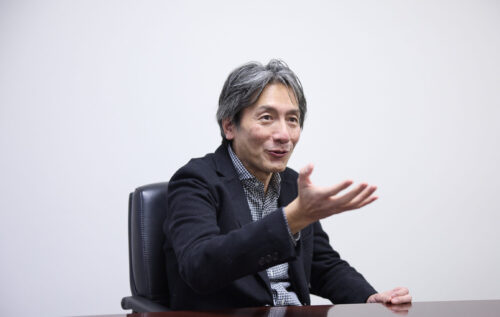
■Future Initiatives
Mr. Kosugi: Since this program is a training program to acquire strategic thinking on a global scale, it would be ideal if it were conducted only in English. That is an issue we will have to address in the future.
We introduced short-term English language training as part of the preliminary study so that participants are at a level where they can have discussions in English. However, they are halfway to being able to engage in in-depth discussions. We believe there is room for improvement in the linkage between English learning and this program.
We also need to consider an initiative that would continue from the final presentation – a follow-up to the participants’ proposals. Some of the proposals seemed necessary and exciting for Mandom in the future. These will become even better if they can refine more through dialogue with the management team. We plan to create a concrete mechanism that will continue with more than just a presentation.
Mr. Takahashi: I want to entrust the participants of this program with more and more positions and roles where they can use what they have learned. We would like them to experience more challenges and grow into leaders who can lead our group and play an even more active role. I would like to strategically create a system that will enable them to build such careers.
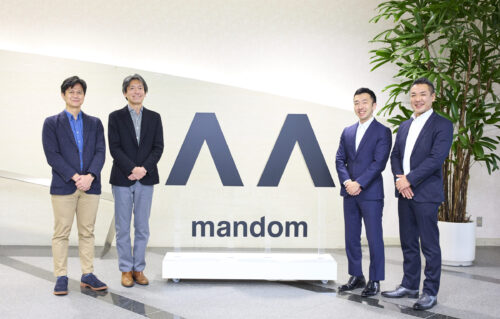
GLOBIS Consultants’ Voices
Akira Shimada
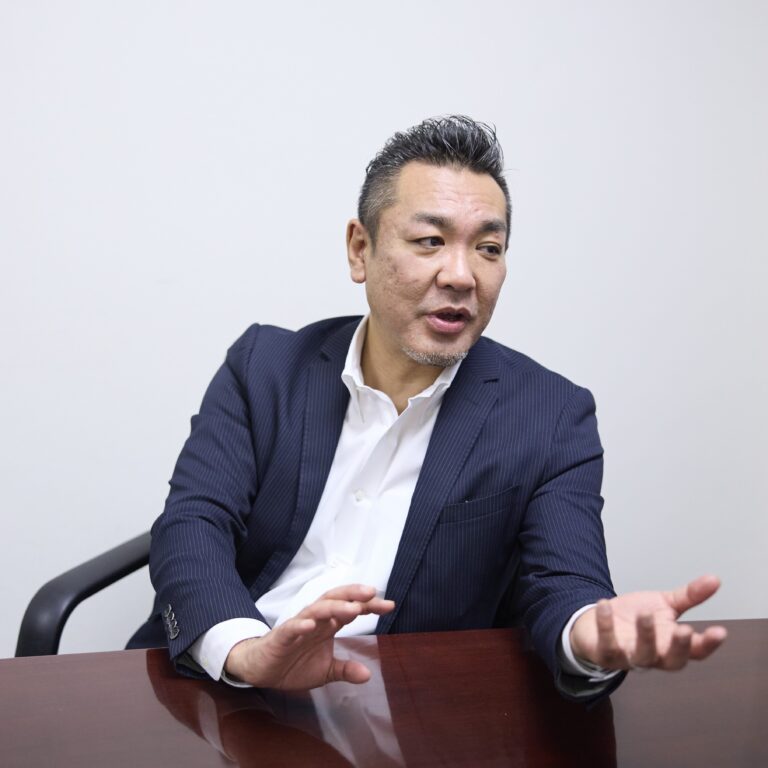
I have been in discussion with Mandom since around 2018. This training is essential for the future of Mandom, and I am very honoured to have been chosen as a partner. One of Mandom’s strengths is the speed of decision-making. This is also reflected in their rate to change online due to COVID-19. To keep up with this speed, we always try to provide a brushed-up learning environment through close meetings with them and the lecturers.
Through this program, Mandom creates a large flow of stimulation from the outside world to flow back into the company. The will for change is cascading down from Mr. Takahashi’s generation to the next generation. It is essential to keep up this momentum and continue to create opportunities for the next generation to grow.
We will continue to do our utmost to support Mandom in realising their “VISION2027”. As a trusted partner, we would be happy to hear from you with any requests you may have.
Genya Takei
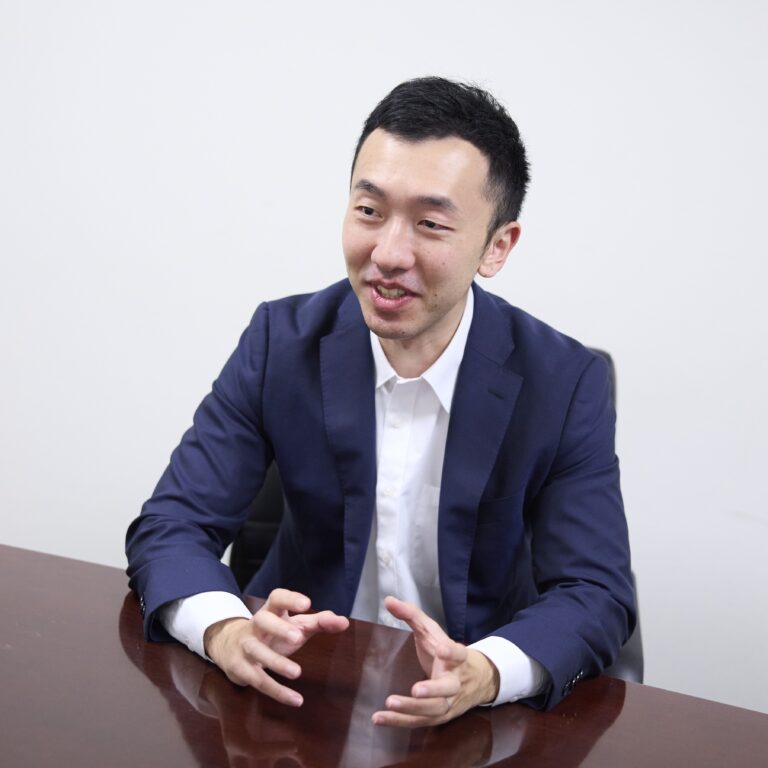
I joined this project at the end of 2020 and have worked with Shimada to design and manage the learning environment. What particularly impressed me about this project was the strong commitment of the chairman, president, other management team members, and the coordinators to their employees’ growth. I could sense their strong will at every phase, such as the speech at the start of the program, the in-house sessions held by the management team, and comments and advice at the final presentations.
This must have inspired the participants. We could see the participants’ strong sense of urgency about the current situation and their will to provide better consumer “Oyakudachi”(Dedication to Service).
To respond to this will, we have repeatedly discussed with the lecturers and consultants what the ideal state of the program should be, based on an understanding of Mandom’s external environment, overall management/organisational picture, and the condition of the participants.
We believe that combining the above points has allowed the participants to gain awareness and learn from this project and grow significantly.
We understand that to realise “VISION2027” in the rapidly changing external environment, further growth and challenges are required for the organisation in addition to this project. We look forward to continuing our full support to help Mandom Corporation realise its vision.
